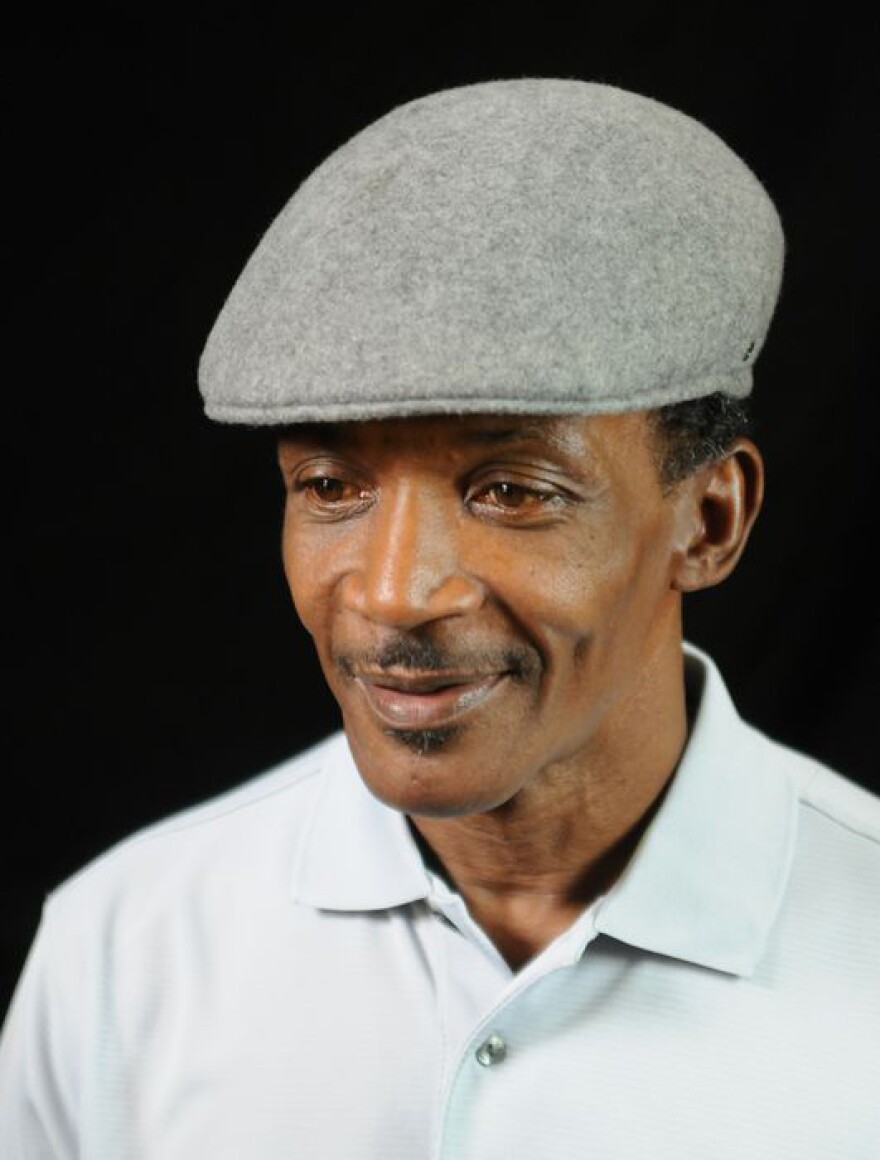In 1981, a 27-year-old white woman was riding her bike when she was attacked and raped by a shirtless African American man. A rape kit was collected, and a line-up of potential perpetrators was assembled for the victim to review, but she did not identify anyone. A year later, the police mailed her six photos from a new line-up. There were two men without shirts. The victim picked out Johnnie Lindsey, one of the shirtless men, as the perpetrator, and in 1983 he was charged with the crime.
Lindsey was 30 years old. He worked at a commercial laundry business and heŌĆÖd never had any previous convictions. At the time of the crime, he was at work, which his time card showed. His boss testified that Lindsey was working as the only pants-presser that day, and that without him the business would have had to close. Despite the alibi, the jury found Lindsey guilty, and the judge sentenced him to life in prison.
ŌĆ£ItŌĆÖs her word against mine,ŌĆØ Lindsey said in an interview with ╣Ž╔±app. ŌĆ£But the things theyŌĆÖre sayinŌĆÖ didnŌĆÖt take place. I was so furious. As far as IŌĆÖm concerned thatŌĆÖs a racial move because I was black.ŌĆØ
http://youtu.be/bvgaq6dd-Z0
Lindsey watched decades pass in prison. He had a daughter who was born right after he was incarcerated. He never got to see her.
ŌĆ£I was so furious, at one point I felt like right now, being locked up might be the safest place for me,ŌĆØ he said.
In 2001, Texas passed a law granting post-conviction DNA testing. Lindsey started to write letters to the court, asking them to test the evidence of the rape kit. After six years (and a new District Judge), he finally received a response. When the rape kit was tested, the DNA did not match LindseyŌĆÖs, and in 2008, after 26 years behind bars, he was released from prison at age 56. A year later, he was officially exonerated.
"What happened to me should have never happened to me." -- Johnnie Lindsey
Unlike many other exonerees, Lindsey has received full compensation ($1.8 million) from the state.
ŌĆ£What happened to me should have never happened to me,ŌĆØ Lindsey said.
There have been over 50 exonerations in Dallas County. Lindsey was the 19th exonerated there based on DNA evidence. Lindsey now serves as a board member for the , an organization providing support to exonerees through social work, counseling services, education and vocational training.
LEARN MORE:










